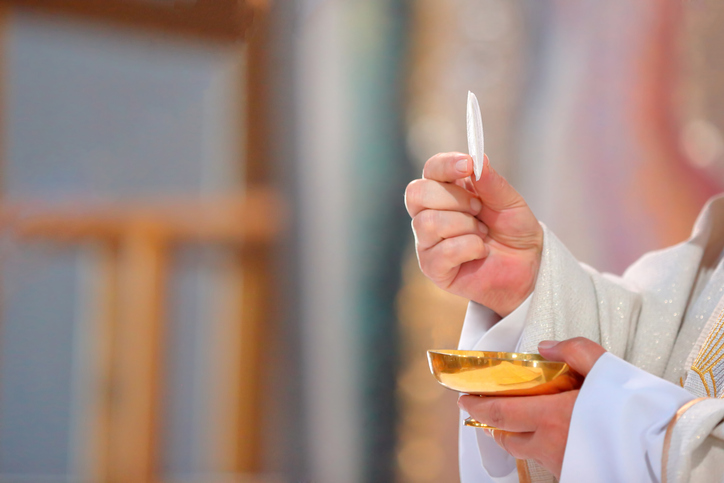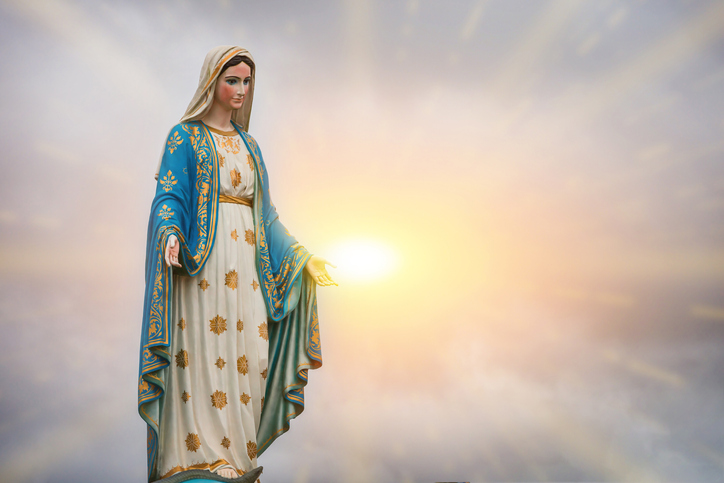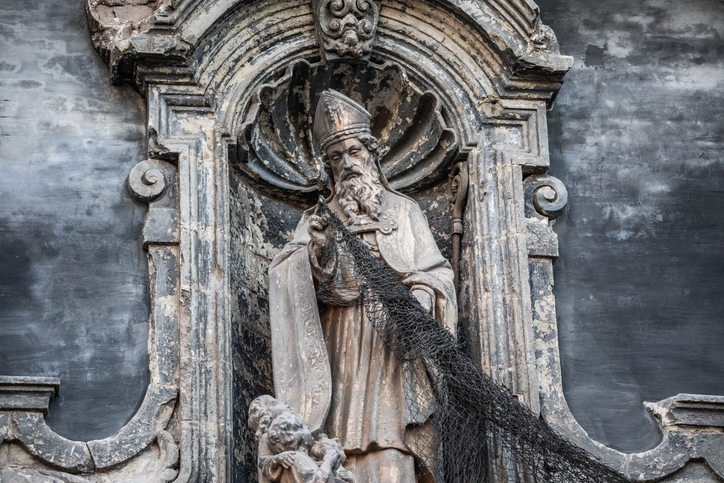Sometimes being a good person means not saying anything at all. As counterintuitive as this sounds, there are certain scenarios where silence is the loudest response. When something good happens to me, the first thing I think of is “I need to tell someone about this!” When something terrible happens to me, the first thing I think of is “I need to tell someone about this!” The desire to share is built into us and this is a very good thing. I think singer/songwriter Ed Sheeran summarizes it nicely when he sings “Success is nothing unless you have someone to share it with.” There’s a lot of sharing that goes on around us. Almost too much sharing. People share their stories, their pictures, and their opinions on Social Media. The moment something occurs, we can share it and people clear across the globe can have access to it instantaneously. But sometimes, being a good
person means waiting and subsequently not saying anything at all.
Joseph learns of Mary’s pregnancy and his first reaction is to protect her from shame. He waits. He neither speaks nor acts rashly. Not thinking of himself, Joseph protects Mary even in an hour where he could rightfully feel betrayed, not yet knowing the truth of the situation. But Joseph waits and as a result of his prudence, God reveals to him the meaning of all of this. Could there be a better example of manhood and fatherhood than St. Joseph?
As if patience wasn’t hard enough, we almost exclusively find ourselves in situations where we wait for things that will never actualize. This is a direct result of waiting for the wrong thing. That’s why we feel this everlasting ache that fluctuates in intensity from time to time but nevertheless remains. During Advent, we wait. However, this time we know exactly what we’re waiting for, but it is, in fact, something that we already have. You see, Christmas isn’t precisely about people being kind to one another and communal generosity. Think of what Tiny Tim says in A Christmas Carol… that he wanted to be noticed as a cripple, so people would remember who
made “… lame beggars walk, and blind men see” (Dickens). Christmas is about a Person who, instead of talking about good deeds, performed them, and instructed all who witnessed to tell no one what they had seen. It is the example Christ gave two thousand years ago that in 2018 motivates people who have never even heard of Jesus to be kind and giving during the Christmas and Advent season.
I’ll be the first to admit I struggle with the virtue of patience. But every Advent we get the chance to train ourselves to wait for what comes at the end of the four weeks. As we slowly develop this great virtue, we become stronger. Despite the naturally passive connotation of the word “waiting” we are encouraged to be active in the purification and preparation of ourselves as a way of inviting Christ into our lives, someone who is truly worth the wait, at this year’s celebration of his birth and at our eternal destination.

Benjamin serves as the Music Minister at Our Lady Queen of Peace in Branchville, NJ. He teaches Children’s Theatre at the Paper Mill Playhouse and is a Catholic songwriter that has given talks on Confirmation, How to Keep the Faith in College, and The Courage to Choose Life. He can be reached at benjamintyates@gmail.com.



















